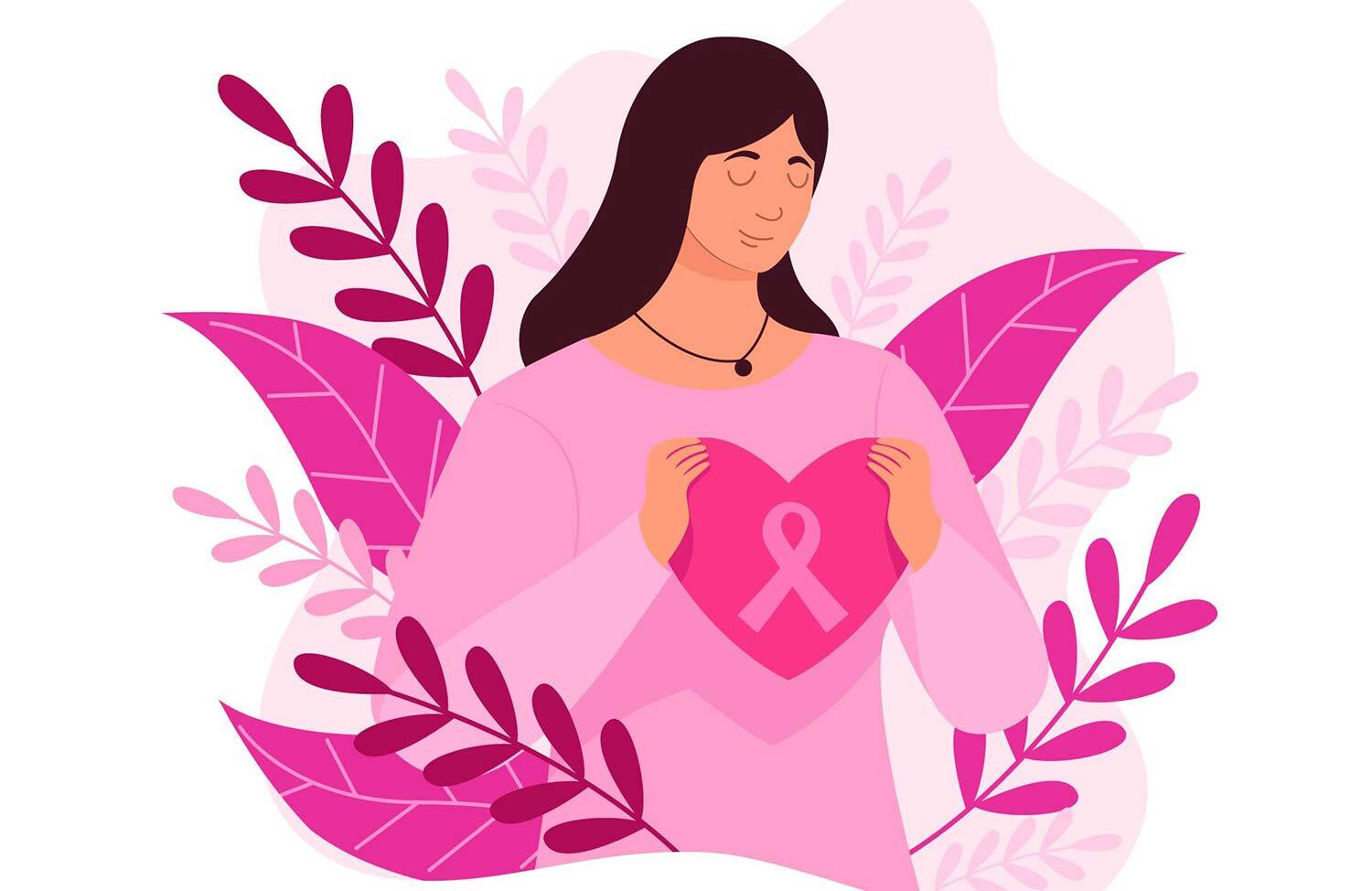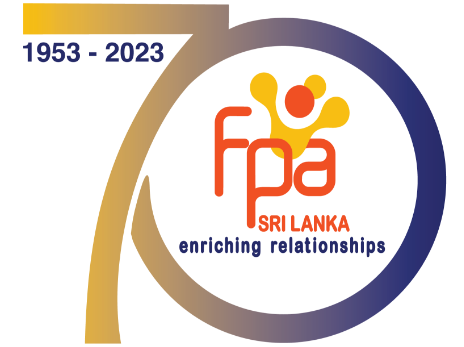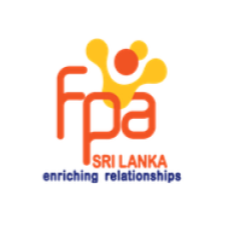Have you checked your breasts this month?

Breast cancer is the commonest cancer affecting females both globally and in Sri Lanka. The Ministry of Health of Sri Lanka (2024) recently disclosed that approximately 15 women are diagnosed with breast cancer daily and 3 women pass away from the disease daily, in Sri Lanka. The incidence of breast cancer in Sri Lanka is rising with nearly 3000 women being diagnosed each year.
Breast cancer is easier to treat and curative if detected early.
Breast cancer predominantly occurs in the female sex, and the risk increases with advancing age (especially over the age of 50 years). However, breast cancer can also occur in younger women and in males.
Other risk factors include:
- Early menarche (age at first menstruation)
- Late menopause (age when menstruation ceases)
- Not having children
- Not breastfeeding children
- Obesity
- Smoking and alcohol
- Sedentary lifestyle
- Radiotherapy to the chest
- Certain lineages (e.g., Ashkenazi Jews)
- Genetics
- Certain hormonal medication
The following symptoms/signs may indicate underlying breast cancer and should be brought to the attention of a healthcare worker in order to proceed with further investigations:
- Breast lump or thick mass on the breast
- Lumps in the armpit
- Warmth or redness of the skin on the breast
- Dimpling of the skin on the breast
- Orange peel like-skin on the breast
- Nipple inversion or sunken nipple
- Nipple discharge
- Crust like lesion around the nipple
- New size or shape of the breast
- Breast pain (rare)
- Wounds on the breast
Breast cancer screening plays a vital role in the early detection of breast cancer and includes 3 steps:
- Breast self-examination
- Clinical breast examination
- Ultrasound and/or mammogram (if clinically indicated or over the age of 40 years)
It is recommended that all women over the age of 20 years do a breast self-examination every month, ideally 3-5 days after the menstrual period if menstruating. If not menstruating, check your breasts once a month at a time convenient (i.e., the 1st of every month). Using the pulp of the fingers, women should feel one breast at a time, from underneath the collarbone and over the entire breast tissue, including the nipple area. The armpit area should also be examined. Gently squeezing the nipple is also important to assess for a nipple discharge. Exact steps of a self-breast examination can be found by clicking the link here.
A clinical breast examination should also be done by a healthcare worker, every 2-3 years in women between the age of 20-40 years, and ideally annually in women over the age of 40 years.
If any lump is found, an ultrasound and/or mammogram is conducted. An ultrasound scan is a non-painful scan investigation that does not require any special preparation and enables a clearer view of the underlying breast tissue. A mammogram is a low-dose x-ray investigation that is used to get a more intricate view of the breast structure, and can even enable detection of lesions not palpable during breast examination. A mammogram is an important investigation and should also be done every 2-3 years in women over the age of 40.
In Sri Lanka, mammograms are conducted at government cancer detection centers and tertiary level hospitals free of charge, and are also available at hospitals in the private healthcare sector for a cost.
Despite the complexities with breast cancer, it is a curable disease if detected early, especially with the significant advances in breast cancer treatment. It is therefore important to prioritize breast cancer screening and promote it amongst loved ones!
.png)


